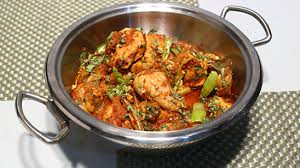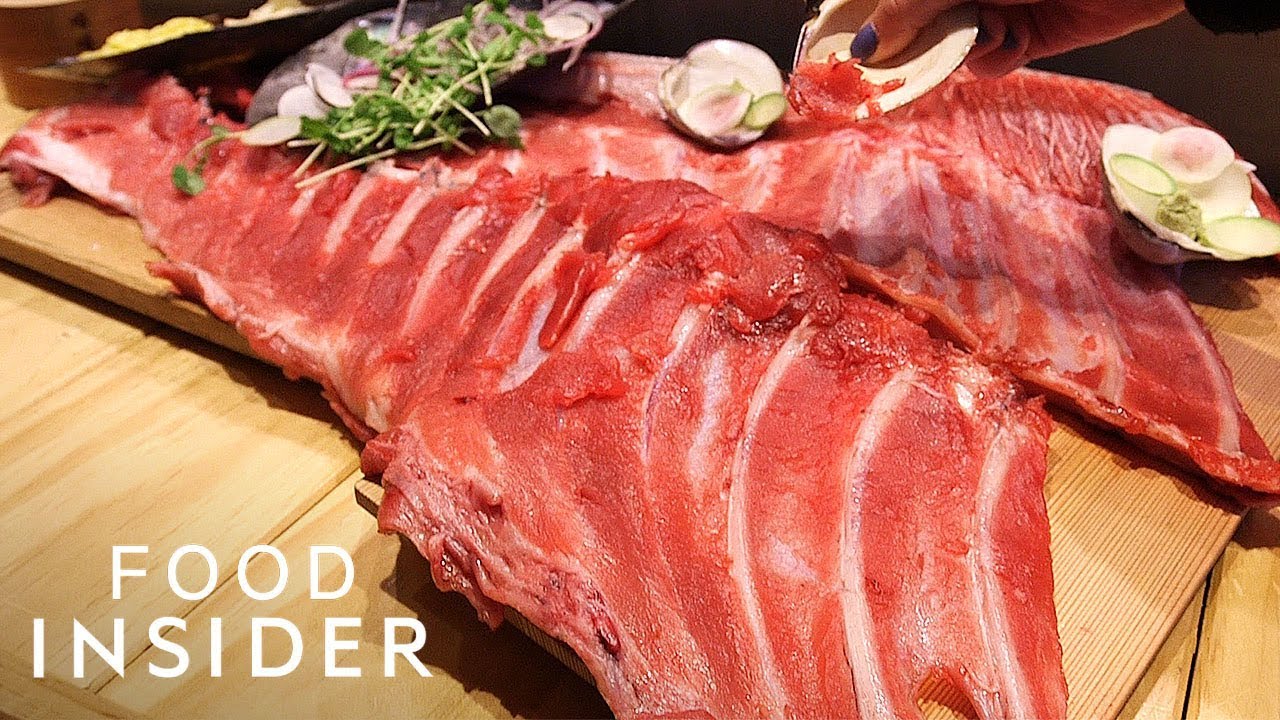Introduction:
Becoming an executive chef is a dream for many culinary enthusiasts. As the pinnacle of the culinary world, executive chefs not only possess exceptional culinary skills but also demonstrate leadership, management, and creativity in the kitchen. This comprehensive guide will take you through the steps necessary to embark on the journey toward becoming an executive chef. From acquiring foundational culinary knowledge to gaining practical experience, and from honing leadership abilities to nurturing creativity, this guide will equip you with the tools needed to achieve your culinary aspirations.
Table of Contents:
- Understanding the Role of an Executive Chef
- Acquiring Culinary Education and Training
- Gaining Practical Experience
- Developing Culinary Skills
- Cultivating Leadership and Management Skills
- Nurturing Creativity and Innovation
- Networking and Building Professional Relationships
- Pursuing Continuous Learning and Development
- Setting Goals and Career Progression
- Embracing Challenges and Overcoming Obstacles
- Maintaining Work-Life Balance and Self-Care
- Conclusion
Section 1:
Understanding the Role of an Executive Chef In this section, we will explore the responsibilities, skills, and qualities required to become an executive chef. We will delve into the scope of their role, the expectations placed upon them, and the demands they must fulfill.
Section 2:
Acquiring Culinary Education and Training This section will discuss the importance of formal culinary education and the various educational paths available. It will cover choosing the right culinary school, degree programs, and specialized certifications to lay a strong foundation for a culinary career.
Section 3:
Gaining Practical Experience Practical experience is crucial for aspiring executive chefs. Here, we will explore opportunities for gaining hands-on experience, such as internships, apprenticeships, and entry-level positions in the culinary industry. We will discuss the importance of starting from the basics and working your way up.
Section 4:
Developing Culinary Skills To become an executive chef, you must possess exceptional culinary skills. This section will highlight the key technical skills and knowledge you need to develop, including knife skills, cooking techniques, menu planning, and food presentation.
Section 5:
Cultivating Leadership and Management Skills As an executive chef, you will be responsible for leading a team and managing the kitchen operations. This section will focus on developing leadership and management skills, including communication, delegation, problem-solving, and teamwork.
Section 6:
Nurturing Creativity and Innovation Creativity and innovation are essential qualities for an executive chef. Here, we will discuss how to foster creativity in the kitchen, experiment with flavors, and develop a personal culinary style that sets you apart.
Section 7:
Networking and Building Professional Relationships Networking and building professional relationships are crucial for career advancement. This section will provide tips on attending industry events, joining professional organizations, and utilizing social media platforms to connect with peers, mentors, and potential employers.
Section 8:
Pursuing Continuous Learning and Development The culinary industry is constantly evolving, and executive chefs must stay updated with new trends and techniques. This section will emphasize the importance of continuous learning, attending workshops, pursuing certifications, and seeking mentorship opportunities.
Section 9:
Setting Goals and Career Progression To become an executive chef, it is vital to set clear goals and develop a career progression plan. This section will guide you through setting short-term and long-term goals, identifying opportunities for growth, and taking steps to advance your career.






























